
 Xingaonai
Xingaonai
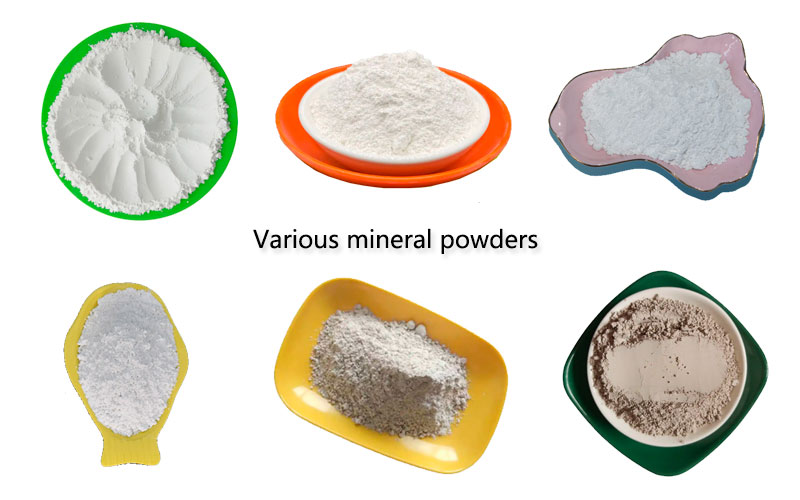
Mineral powder is a finely ground material made by grinding limestone, dolomite, dolomitized limestone and other carbonate rocks. By type, mineral powder is divided into activated and non-activated, the most common being stone powder and dolomite powder. The main field of application of mineral powder is the production of asphalt concrete, which is a lifesaver for road construction enterprises and the production of dry building and concrete mixes.
According to GOST 52129-2003 adopted by Russia, mineral powder is divided into: MP-1 type and MP-2 type
MP-1: consists of crushed carbonate rocks.
MP-2: consists of ground non-carbonate natural substances or inorganic industrial waste.
MP-1 is usually divided into several grades. The first grade is made by crushing carbonate rocks to obtain a precise fraction of 300 μm, and the second grade can contain inclusions up to 800 μm. The quality of the first grade mineral powder is much higher, and the first and second grades are identical in terms of chemical properties. The main feature is the ability to be activated.
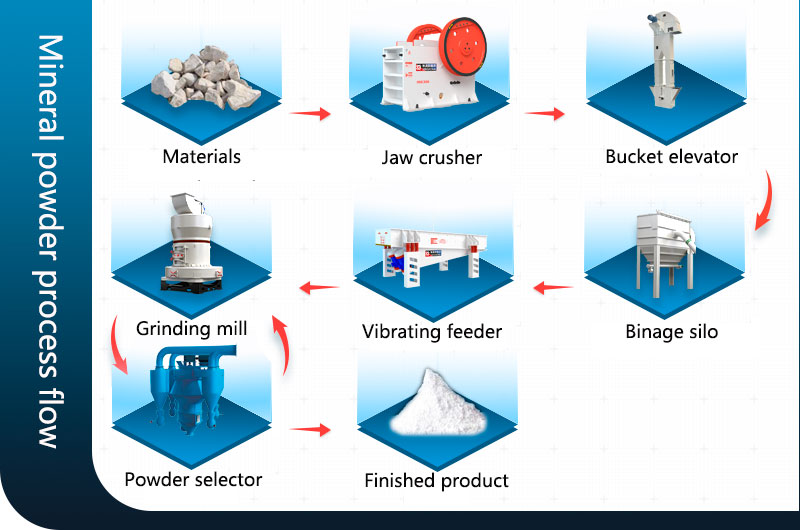
The production process of mineral powder mainly includes processes such as crushing, grinding, screening and drying.
1. Crushing: The raw materials are crushed by the crusher to make the raw material blocks into appropriate particles. The form of the crusher varies depending on the shape and nature of the raw materials.
2. Grinding: The raw materials are ground into finer particles or powder. The size of the fineness directly affects the cementing properties of the mineral powder to cement. There are mainly grinding equipment such as ball mills, vertical mills and high-pressure roller mills.
3. Screening: The purpose of fineness classification is achieved by separating large particles using a screen. Vibrating screens or centrifugal screens are often used.
4. Drying: Mineral powder needs to be dried during the production process to bring its moisture content to the specified standard.
Mineral powders are of two types - activated and deactivated. Surfactants are added to the activated mixture - surfactants increase the waterproof and adhesive properties of the material. Such additives are not required in all cases, so the choice depends on the specifications of the finished product. Non-activated carbonate powders are not activated, which deprives them of additional properties. Various types of components are provided to production facilities for the production of mixtures. They give the product the desired properties - elasticity, strength, frost resistance, hydrophobicity, etc.
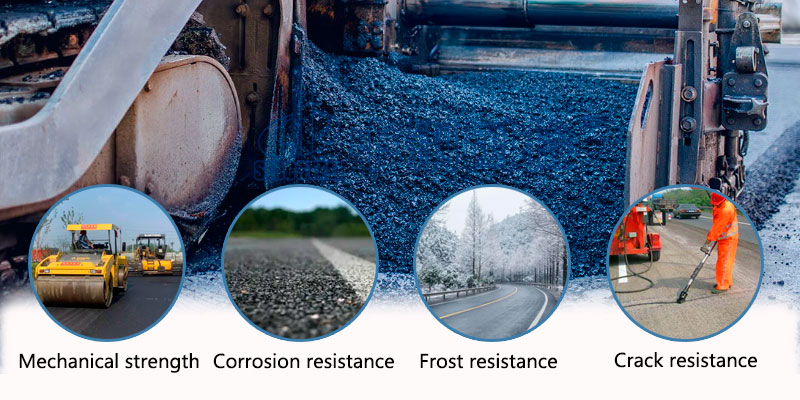
Active powders are mainly used as mineral powders for asphalt concrete mixtures. It acts as a filler for voids in crushed stone pieces and has the function of an adhesive binder between asphalt, sand and crushed stone. Surfactants, by their inherent properties, give the asphalt pavement higher adhesive properties (stickiness) and increase viscosity. Give asphalt concrete the desired properties: mechanical strength, resistance to deformation, corrosion resistance, frost resistance and crack resistance. As a result, the quality of the resulting asphalt concrete, and indeed the quality of the entire future pavement, is significantly improved.
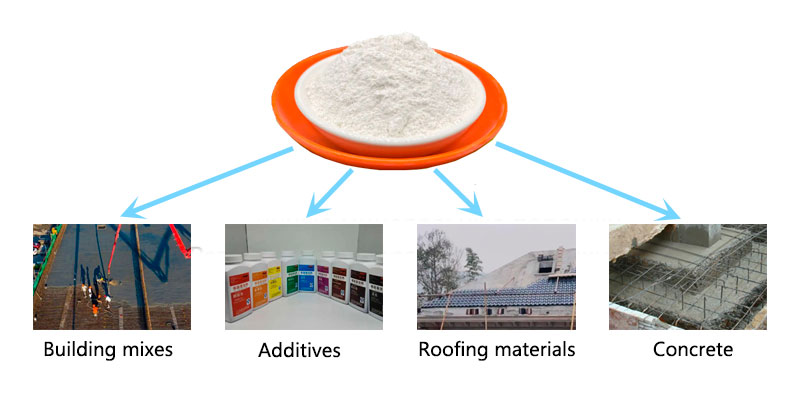
In addition to the production of asphalt concrete, mineral powders are widely used in the manufacture of dry building mixes, concrete and its additives, roofing materials. It is needed when carrying out work in construction to strengthen foundations, increase the bearing capacity of structures and prevent soil settlement.
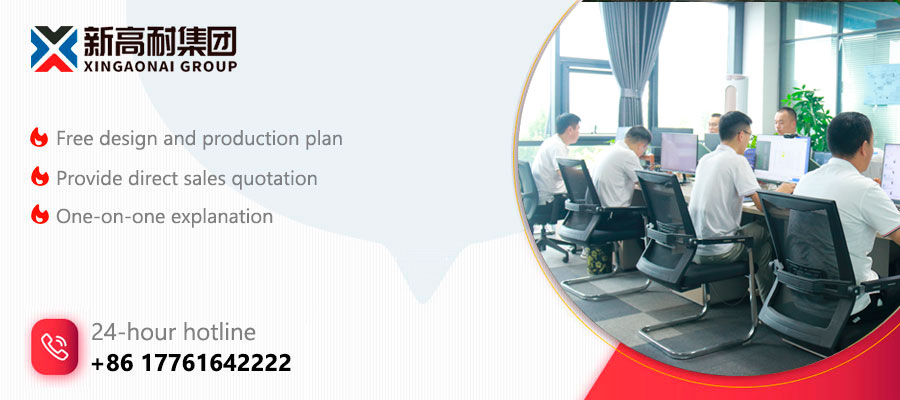
Author: Xingaonai
Reprint address: https://www.xgncrusher.com/Industralnews/782.html
Copyright © 2016-2030 Xingaonai Group All Rights Reserved. Xingaonai Sitemap